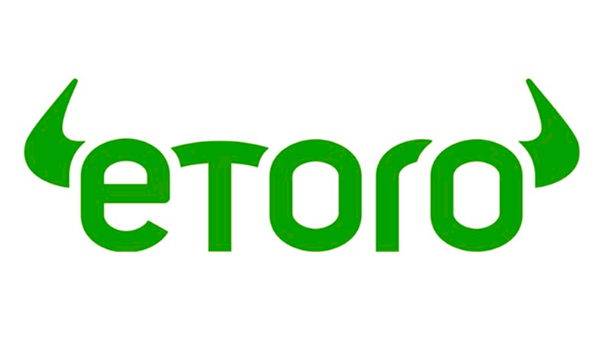 This podcast interview with the founder and CEO of eToro, Yoni Assia, is over 1 hr long, but it is worth listening to https://pod.link/1434060078.
This podcast interview with the founder and CEO of eToro, Yoni Assia, is over 1 hr long, but it is worth listening to https://pod.link/1434060078. eToro was only established in 2007 when Yoni and his brother thought there had to be a more user-friendly way for people to be able to buy and sell shares, currencies and other financial assets. They have achieved this by creating what they refer to as a “social market”. The eToro platform enables someone in Hong Kong to find an investor in Germany (that buys and sells German smaller companies) and then follows and automatically invests in these same companies in the same proportion. This type of ‘mirror-trading’ is also known as “copy trading” and has been popular for a number of years, being possible to do copy-trading with relatively small sums of capital. Typically, the person who is initiating the trading ideas and strategy will earn either a % of the profit (from the person who is mirroring the trade) or a % of any brokerage that is created.
However, I digress - what is also interesting in the podcast is that Yoni was involved in Colour Coins in 2014 which, in effect, were what we now refer to stablecoins i.e. Digital Assets pegged/linked to real assets - $, £, gold, etc. The Colour Coins were run on the Bitcoin Blockchain, as Ethereum did not yet exist. When he was only 19, Vitalik Buterin (Ethereum’s founder) helped Yoni with some of the initial codings for Colour Coins. Vitalik decided that digitising assets was a great idea, but the concept needed a new blockchain - so he invented Ethereum.
From 2015 to 2016, eToro grew by 600%, and then from 2017 to 2018 by a further 400% (according to this podcast). eToro has now become a very successful company, which has over 10 million clients who, in 2018, traded over $1 trillion worth of assets. Yoni believes that, in the same way Bitcoin has proved it can replace cash as a medium for people to trade, Smart Contracts has the ability to replace and totally disrupt the legal system. Smart Contracts can replace many intermediaries and allow computer/machine-driven execution of trades and agreements, which will be cheaper, faster and not prone to human error.
eToro has been offering the ability to trade Bitcoin for over 5 years and, during Cryptocurrencies’ bull-run in 2017/18 Ethereum went from $4 to over $350 and Ripple increased in value by over 35,000% in a year. This encouraged people to open accounts with eToro to such an extent, that eToro signed up over 20,000 new customers in a single DAY! Given eToro’s success in traditional and Digital markets, how much credence ought one pay to its CEO’s pronouncement, that financial markets are going to radically change? The combination of Digital Assets and Smart Contracts disintermediate the financial services sector and could result in 66% of the $150 Trillion global bonds and equities becoming digitised.
Certainly, younger investors are spending increasing amounts of their time online, usually on a mobile phone, and therefore to engage with them, financial service providers will need to communicate and offer services in a more digital manner 24/7.


